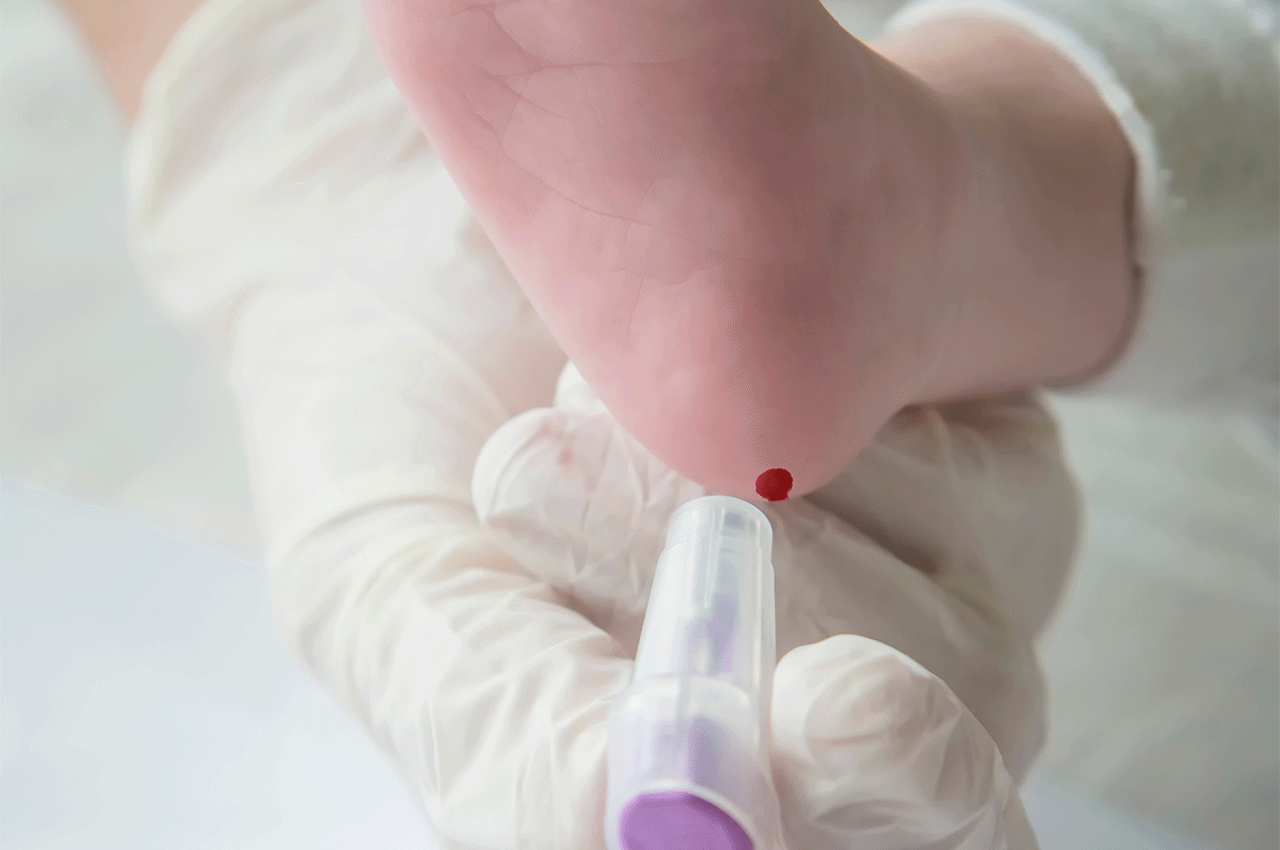Summary
The pilot seeks to improve the management of cholesterol by increasing the detection of people with Familial Hypercholesterolemia (FH) and improve their long term cardiovascular (CVD) outcomes.
FH is currently underdiagnosed due to the lack of specific services available. The NHS CVD prevention ambition is to increase the number of people with FH from below 4% to 25% by 2029.
"
As a practice, we are really excited to take part in this pioneering parent child screening programme. Trials such as this are important in being able to identify preventable diseases such as FH.” “As with any new study it was challenging getting up to speed with its requirements. Making sure children and parents feel comfortable with the prospect of us taking a blood sample alt the 1-year immunisation schedule has been key in our ability to run the trial successfully.
"
Steph Duncan Noke, a research nurse at the Eric Moore Partnership
What the project involved
The NHS Long Term Plan identified CVD prevention as an area where improving health services can make a big difference to people living with those conditions and impact positively on health outcomes. Currently one person dies every three minutes from CVD.
We are supporting national ambitions to improve cholesterol management and the identification and management of familial hypercholesterolemia (FH), a hereditary condition of high cholesterol that is evident from birth but is rarely picked up before the individual has a CVD event. FH is a condition where people may not know they are suffering from it. This may leave them susceptible to heart attacks and strokes at a young age.
Cheshire and Merseyside, supported by the Innovation Agency are developing initiatives to combat this and identify more people with FH at a younger age. We have supported the development of a pilot service which is now receiving referrals from the national team.
The Innovation Agency is also one of seven AHSNs taking part in a national parent-child screening programme to detect FH. Infants will be offered a heel prick at their appointment to be tested at the surgery for elevated cholesterol. If high cholesterol levels are detected the sample will be sent to the regional genomics hub for genetic testing. If FH is identified the family can receive genetic counselling and be registered as having the condition and offered treatment.
In January 2022, surgeries in the North West Coast have begun this screening programme.
Outcomes
The FH child-parent screening service has three GP practices signed up who have been delivering the service for several months now. On case of elevated lipids in an infant was found, however it was not an FH diagnosis. The whole family did have elevated lipids and decided to embark on a complete lifestyle change to ensure that their lifestyle was healthier. They will now be monitored on a regular basis.
The FH service is now receiving referrals and patients are receiving results from the genetic tests. GPs also receive Impact and Investment Funding (IIF) for increasing the numbers of their patients diagnosed with FH.
Next steps
We will continue to encourage GP practices to sign up for the parent-child screening programme.
The pilot FH service in the North West Coast will be part of an evaluation to make recommendations to the ICB to continue the service. This will also form part of a wider review of the approach across the seven participating AHSNs.









